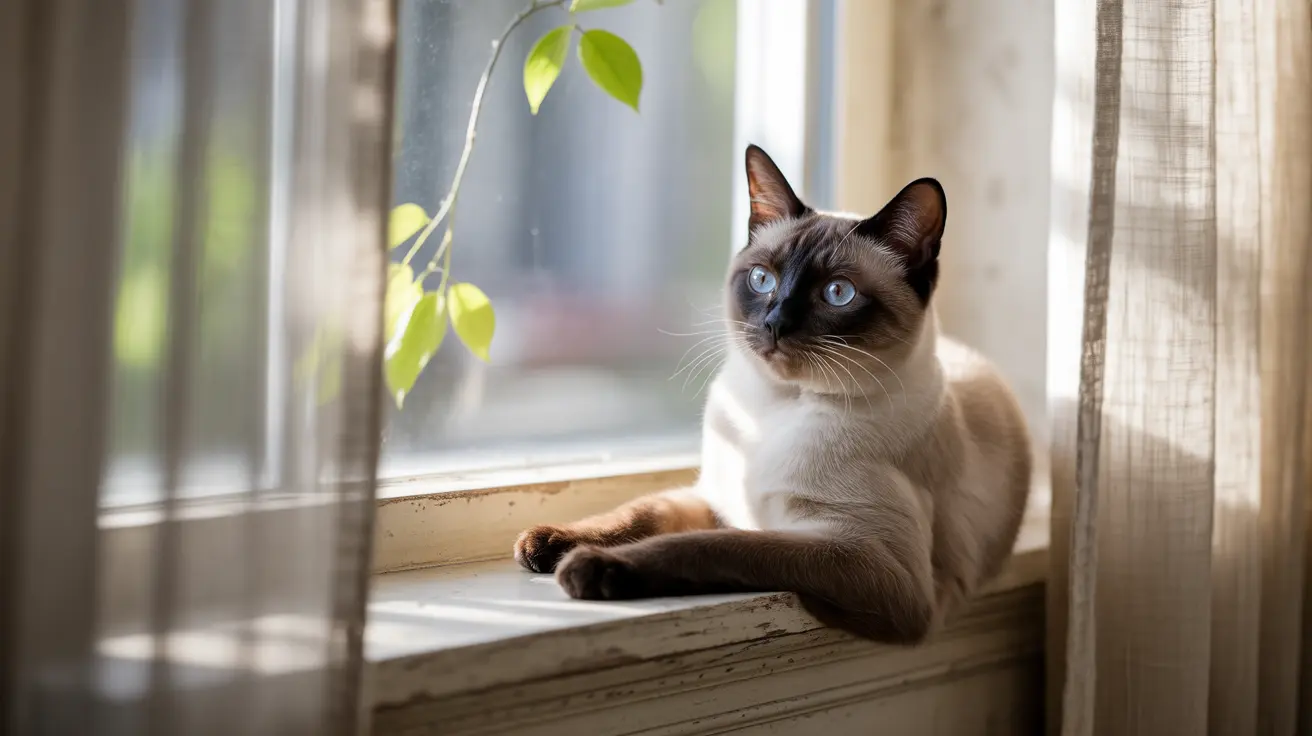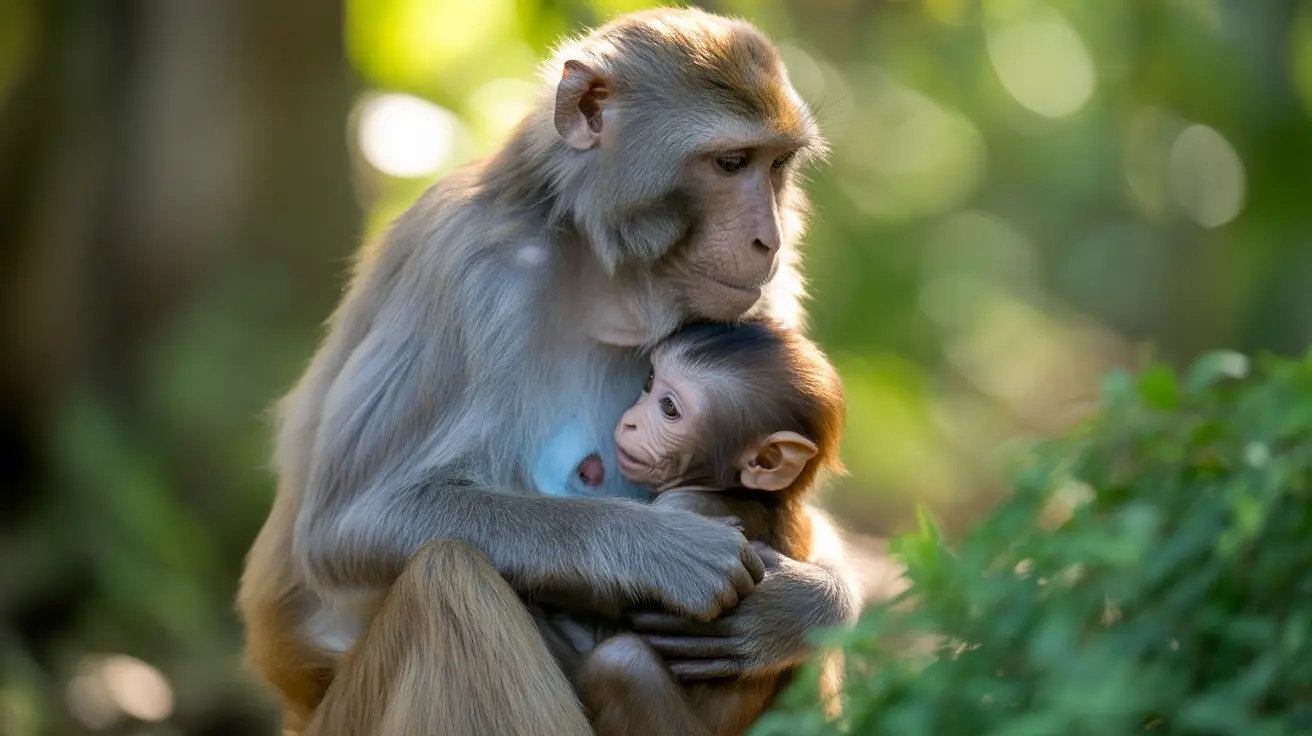As a cat owner, you might have noticed your feline friend's eyes suddenly changing, with pupils expanding to what seems like an unusual size. While this can be concerning, dilated pupils are often a normal part of a cat's complex communication and physiological response system. Understanding the reasons behind your cat's big pupils can help you distinguish between harmless and potentially serious situations.
Cats' pupils are incredibly dynamic, responding to various environmental and emotional stimuli. From lighting conditions to emotional states, these small but significant eye changes can tell you a lot about what's happening with your furry companion.
Normal Reasons for Dilated Cat Pupils
Lighting and Vision Adaptation
Cats are naturally equipped with remarkable vision capabilities, and their pupils play a crucial role in this. In low-light environments, a cat's pupils will dramatically expand to allow maximum light intake, enhancing their ability to see in darker conditions. This is a completely normal adaptation that helps cats hunt and navigate during dawn, dusk, or nighttime.
Emotional and Stimulation Responses
Excitement, playfulness, and emotional arousal can trigger significant pupil dilation. When your cat is engaged in an intense play session or feeling particularly stimulated, you might notice their pupils growing larger. This is part of their natural physiological response, preparing their body for potential action or heightened sensory input.
Catnip Influence
If your cat has been exposed to catnip, dilated pupils are a common side effect. The nepetalactone compound in catnip can induce a temporary euphoric state, causing pupils to expand as part of the sensory experience. This reaction is harmless and typically subsides once the catnip's effects wear off.
Potential Medical Concerns with Dilated Pupils
Pain and Discomfort Indicators
While not always obvious, persistent pupil dilation can sometimes signal that your cat is experiencing pain. Even mild discomfort might cause pupils to remain enlarged. If you notice your cat's pupils staying dilated alongside other signs of distress, such as changes in behavior or appetite, it's worth consulting a veterinarian.
Neurological and Vision-Related Issues
In some cases, dilated pupils can indicate more serious health conditions. Neurological problems, brain injuries, or vision disorders like glaucoma might manifest through consistent pupil dilation. Conditions such as high blood pressure or feline dysautonomia can also affect pupil size and responsiveness.
Red Flags: When to Seek Veterinary Care
While occasional pupil dilation is normal, certain signs should prompt immediate veterinary attention:
- Pupils remaining consistently dilated without returning to normal
- Uneven pupil sizes (one pupil larger than the other)
- Accompanying symptoms like extreme lethargy or sudden weight loss
- Noticeable changes in vision or apparent discomfort
- Persistent dilation without clear environmental or emotional triggers
Frequently Asked Questions
Why are my cat's pupils so big all the time?
Constant pupil dilation could indicate various factors, including low light conditions, emotional states, or potential health issues. If prolonged, consult a veterinarian to rule out medical concerns.
When should I worry about my cat's dilated eyes?
Be concerned if pupil dilation is persistent, accompanied by other symptoms like lethargy, pain signs, or vision changes. Uneven pupil sizes or pupils that don't respond to light variations warrant professional evaluation.
Can catnip cause dilated pupils in cats, and is it dangerous?
Catnip can indeed cause temporary pupil dilation. This is a normal, harmless reaction and typically resolves once the catnip's effects diminish.
How can I tell if my cat's dilated pupils are from pain or excitement?
Context is key. Excitement-related dilation occurs during play or stimulating activities and resolves quickly. Pain-related dilation tends to be more persistent and might be accompanied by behavioral changes or reduced activity.
Are dilated pupils in cats ever linked to high blood pressure or blindness?
Yes, both high blood pressure and vision problems can cause persistent pupil dilation. These conditions require professional diagnosis and treatment, so consult your veterinarian if you're concerned.






